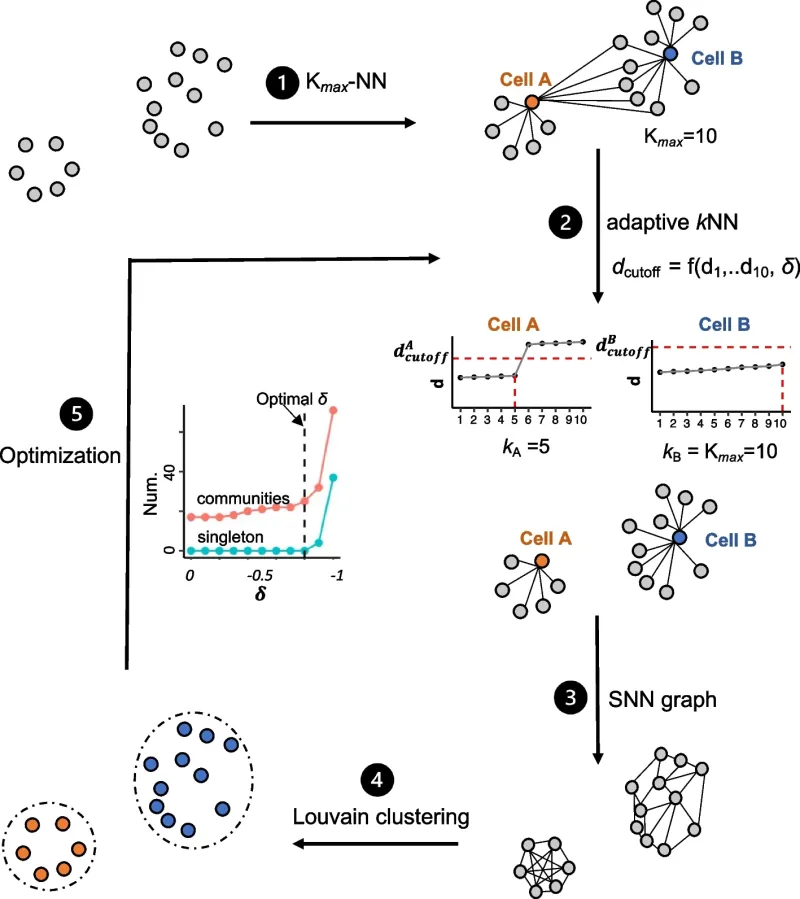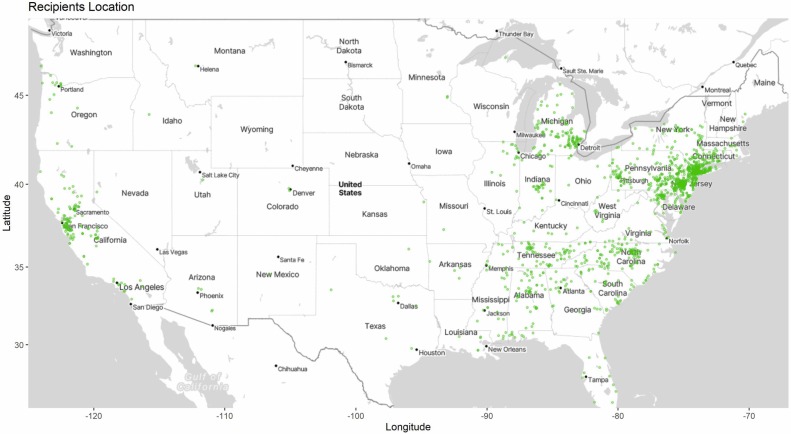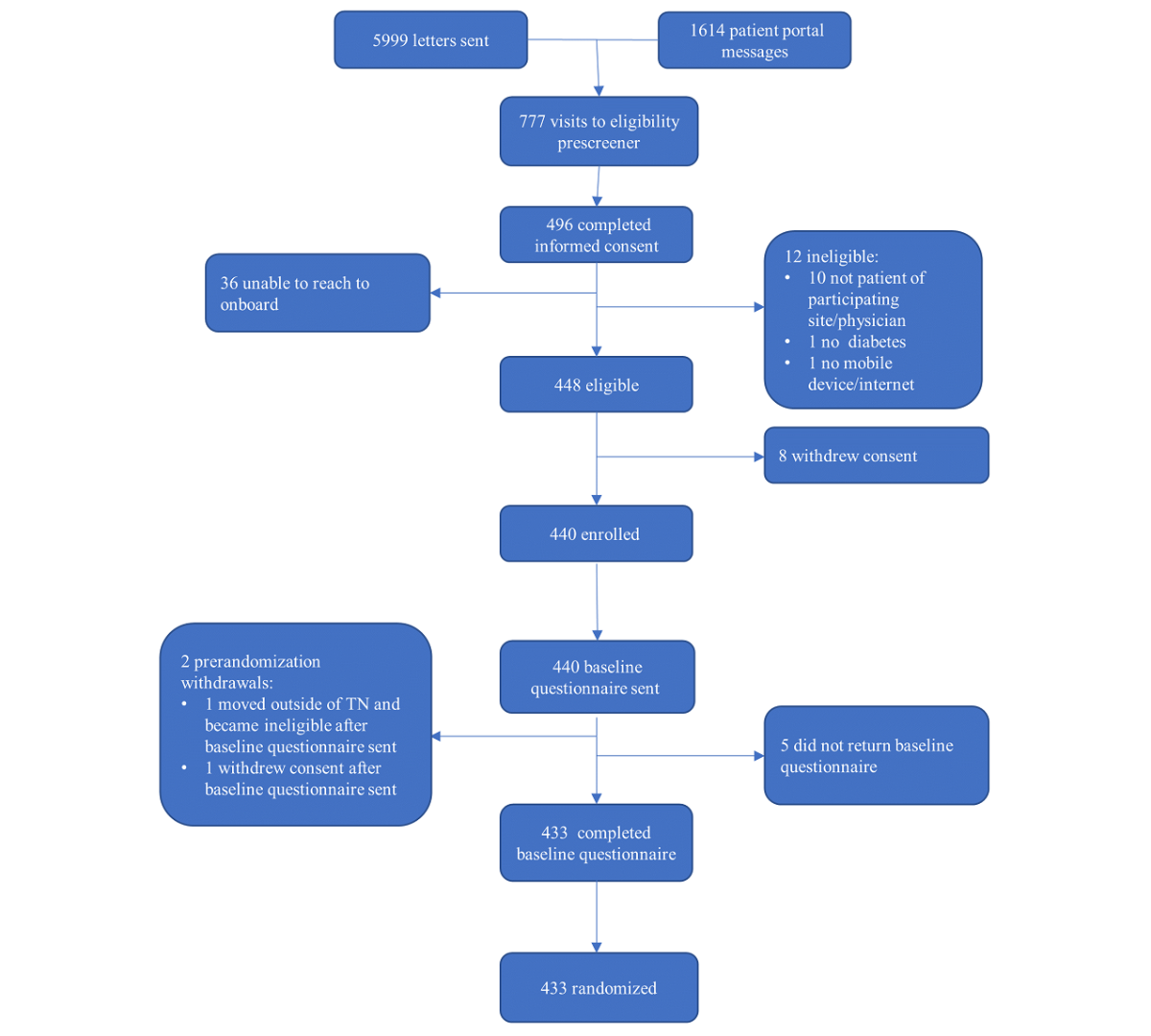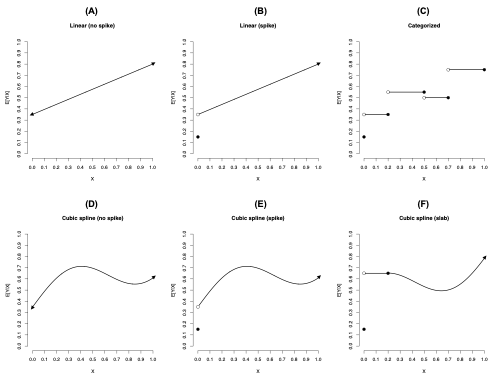Margaret Cullum promoted to program manager
We are pleased to announce the promotion of Margaret Cullum to program manager, in effect as of August 1. A graduate of the University of North Carolina, with a bachelor's degree in journalism and internships at POPSUGAR and Giadzy, Cullum joined the department in 2023 and has provided crucial administrative support for special events (including ICSA 2024 and our 20th anniversary festivities), seminars and short courses (including the CQS Summer Institutes, last October's ASA traveling course, MSCI 5044, and other offerings), the summer internship program for undergraduates, the Bellevue Community Food Bank drive, and more. She's also heavily involved with website and bulletin board maintenance, social media updates, and other promotional endeavors, including the coordination of department-branded clothing and swag.

Epigenetic change to DNA associated with cancer risk in "multi-omics" study
This study was co-authored by professor Fei Ye.
First-authored paper in JAMIA by Siwei Zhang
Congratulations to PhD candidate Siwei Zhang, alumnus Nicholas Strayer (PhD 2020; now at Posit), senior biostatistician Yajing Li, and assistant professor Yaomin Xu on the publication of “PheMIME: an interactive web app and knowledge base for phenome-wide, multi-institutional multimorbidity analysis” in the Journal of the American Medical Informatics Association on August 10.
First-authored paper in Genome Biology by Jia Li
Congratulations to postdoctoral fellow Jia Li on the publication of "aKNNO: single-cell and spatial transcriptomics clustering with an optimized adaptive k-nearest neighbor graph" in Genome Biology on August 1, with professors Yu Shyr and Qi Liu as corresponding authors. The paper offers a new method "to simultaneously identify abundant and rare cell types based on an adaptive k-nearest neighbor graph with optimization," doing so "more accurately than general and specialized methods." {aKKNO} and related tutorials are free and available on GitHub and Zenodo.

Figure 1 in the paper provides an overview of how aKNNO works.
First-authored paper in Journal of Heart and Lung Transplantation by Tatsuki Koyama
Congratulations to professor Tatsuki Koyama on the publication of "Long-term air pollution exposure and the risk of primary graft dysfunction after lung transplantation" in The Journal of Heart and Lung Transplantation on July 15. Co-authors include assistant in biostatistics Zhiguo "Alex" Zhao, plus colleagues at the University of California, San Francisco, and the University of Pennsylvania, along with corresponding author Lorraine Ware at Vanderbilt. The study explored whether "long-term exposure of the lung donor and recipient to high levels of ambient air pollutants would increase the risk of PGD in lung transplant recipients."

Figure 2 in the paper: "Location of transplantation recipients in the primary analytical cohort (N = 1,524)."
First-authored paper in JMIR Research Protocols by Amber Hackstadt
Congratulations to assistant professor Amber Hackstadt on the publication of "Effects of a Patient Portal Intervention to Address Diabetes Care Gaps: Protocol for a Pragmatic Randomized Controlled Trial" in JMIR Research Protocols on June 28. Co-authors include senior biostatistician Zhihong Yu, as well as colleagues in Vanderbilt's Division of General Internal Medicine, Department of Ophthalmology and Visual Sciences, and Department of Biomedical Informatics. The study seeks to address consistency in preventive care among people with diabetes by applying "user-centered design sprint methodology to develop a patient portal intervention.

Figure 2 in the paper depicts the study recruitment results as a flow chart.
First-authored paper in American Journal of Epidemiology by Andrew Spieker
Congratulations to associate professor Andrew Spieker on the publication of "The impact of different strategies for modeling associations between medications at low doses and health outcomes: a simulation study and practical application to postpartum opioid use." This article was published online ahead of print on June 21 in the American Journal of Epidemiology. Co-authors include recently retired associate Sharon Phillips, plus colleagues in Vanderbilt's Departments of Health Policy and Obstetrics and Gynecology. It reports on the simulation study conducted by Dr. Spieker and his collaborators "to assess the performance of several regression approaches to model the drug dose-response curve at low doses in a setting where no safe range exists" and to "demonstrate and empirically assess the use of these regression strategies in a practical scenario."

Figure S1 in the paper features graphical representations of various models.
Panels (A) and (B) illustrate the simple linear model in the absence and presence (respectively) of a spike effect. Panel (C) illustrates the case in which dose group is categorized (with zero included as a category). Panels (C) and (D) illustrate the natural cubic spline model in the absence and presence (respectively) of a spike effect. Panel (F) illustrates the “slab-and-spline” model that is piecewise constant over the low-dose range but otherwise shares the properties of a natural cubic spline. Of note, the models presented in panels (A) and (D) invoke the safe-dose assumption as no spike effect is present.
New Center of Innovation for Department of Veterans Affairs
Michael Matheny, professor of biomedical informatics, medicine, and biostatistics, will lead the Biomedical Informatics and Data Science to Inform LHS Core. As described in this VUMC News article, the core "will support scientists in the design, management and execution of research. This core will advance biomedical informatics, biostatistics and data science supporting information synthesis and interpretation, diagnostic evaluation, clinical workflow and care delivery."
Opioid treatment can avoid foster care placement: study
This July 22 feature at VUMC News focuses on a study co-authored by senior biostatistician Elizabeth McNeer (who earned her MS from our program in 2018) and professor William Dupont.